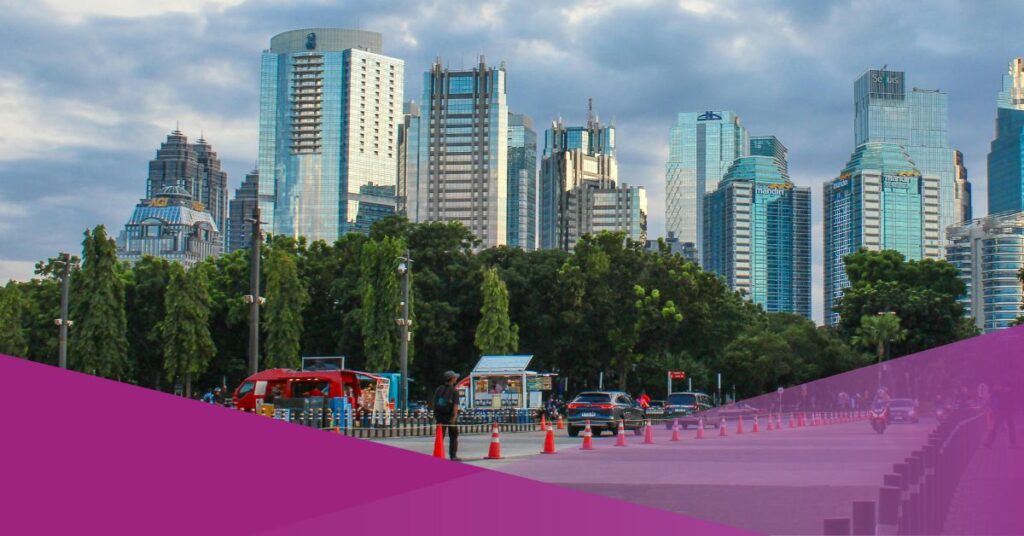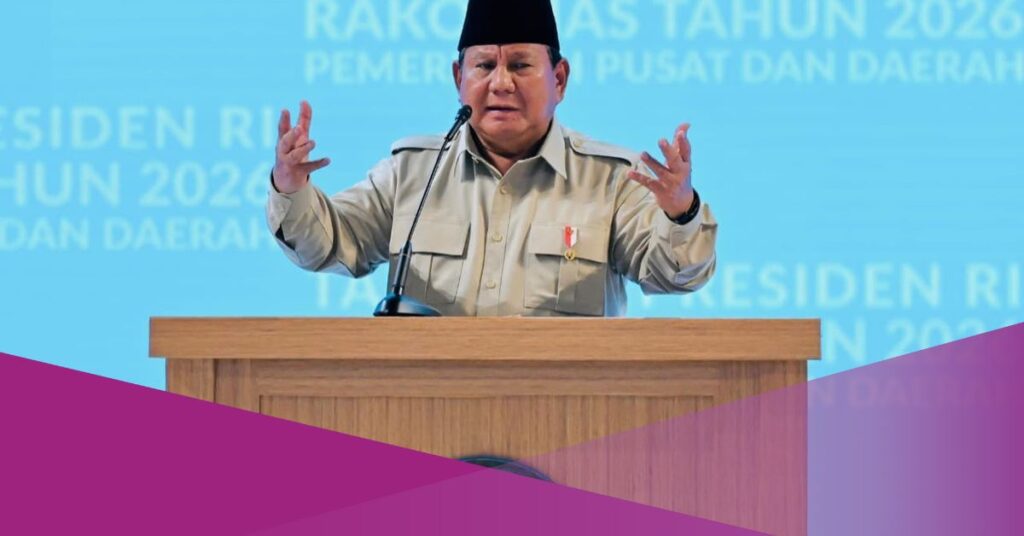BPJS Kesehatan (BPJS Health) has confirmed that more than 124,000 foreign nationals are currently registered as participants in Indonesia’s National Health Insurance (Jaminan Kesehatan Nasional or JKN) programme, with around 15,000 of them based in Bali.
The figure was revealed by BPJS Health Director, Ghufron Mukti, during a media workshop entitled “Layanan Kesehatan Jiwa Hak Seluruh Peserta” held in Surakarta on Tuesday (16 September 2025).
“So, indeed, in Indonesia, there are more than 124,000 foreigners who are active BPJS Kesehatan participants, and in Bali, there are approximately 15,000 foreign nationals,” said Ghufron.
“Interestingly, the contributions collected from foreign participants are actually greater than the costs incurred for their health services,” he added, as reported by Kompas.com.
Ghufron explained that the participation of foreign nationals in the scheme is regulated by Law No. 24 of 2011 concerning BPJS. Article 14 of the law states that every person, including foreigners who have worked in Indonesia for at least six months, is required to participate in the social security programme.
He clarified that this obligation applies specifically to workers in the formal sector and not to tourists or informal sector workers.
“In this case, we are not referring to tourists, but workers in the formal sector, not the informal sector,” he said.
Rules, Contributions and How Foreigners Can Register for BPJS Health
According to BPJS Health, the contribution amount for foreign nationals is the same as for Indonesian citizens. For wage-earning participants (Pekerja Penerima Upah or PPU), the contribution is set at 5% of their monthly salary.
This is divided into 4% paid by the employer (company or government agency) and 1% by the employee.
“The PPU scheme is 1% paid by the worker concerned, while the remaining 4% is borne by the employer,” said Ghufron.
Foreign participants in the JKN scheme come from various countries, including China, the United Kingdom, Russia, and Australia. They are spread across Indonesia, from Jakarta and Yogyakarta to Batam and Morowali.
Ghufron stressed that BPJS Kesehatan does not set any specific targets for foreign enrolment.
“We want to protect every Indonesian citizen, including foreigners who have worked formally for at least six months in accordance with existing regulations,” he said.
The JKN-KIS Service Guidebook (13 September 2025) confirms that all Indonesian citizens are required to join the National Health Insurance, Healthy Indonesia Card (JKN-KIS) scheme managed by BPJS Health.
The same provision applies to foreign nationals who have worked in Indonesia for at least six months.
Registration Procedure for Expatriates
Foreign nationals who meet the requirements must register with BPJS Health or be registered by the company where they work. The basic conditions include:
- Having worked in Indonesia for at least six months in the formal sector
- Holding a valid work permit and residence permit
- Submitting documents such as a passport, residence permit (KITAS/KITAP), and employment contract
Once registered and contributions are paid, foreign nationals receive the same benefits and obligations as Indonesian participants. This includes selecting a primary health facility (Fasilitas Kesehatan Tingkat Pertama or FKTP), receiving an official JKN-KIS membership card, accessing health services at facilities partnered with BPJS Health, and having their personal data protected under Indonesian law.
Importantly, foreign nationals are not covered for free by the government. They are required to pay contributions like other participants and are categorised under non-PBI (non-contribution assistance) participants.
The PBI category, which is fully subsidised by the government, is reserved only for low-income Indonesian citizens.
Health insurance participants are divided into two broad categories:
- Contribution Assistance Recipients (PBI): Low-income citizens whose premiums are paid by the government through the state budget.
- Non-PBI Participants: This includes wage earners (PPU), self-employed workers (PBPU), and non-workers (BP) such as pensioners, veterans, and investors who pay their own contributions.
As JKN-KIS participants, expatriates are entitled to the same services as Indonesian citizens, provided they pay their contributions in line with the regulations.
Find this article helpful? Check out more Indonesian News from Social Expat:
- Monkey Mischief in Indonesia Sends People Scurrying While Fishing
- Mariah Carey’s Jakarta Concert to Feature Boyzlife as Special Opening Performance
- Indonesia Launches New Economic Stimulus Package: Targets Jobs and Stability
































